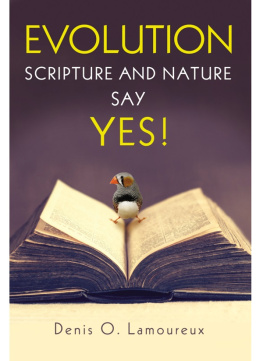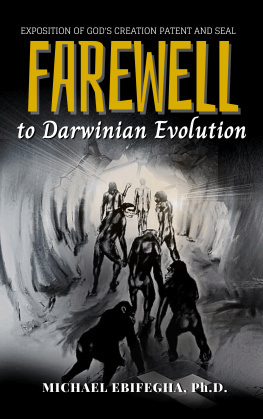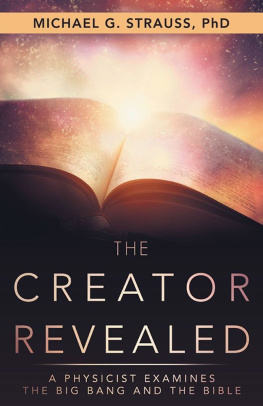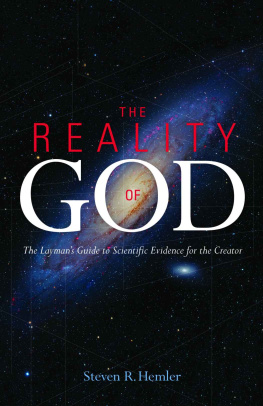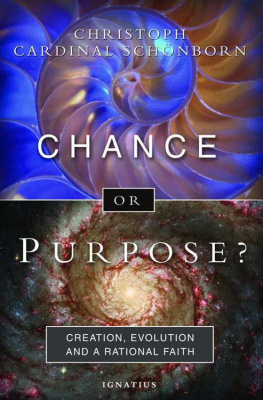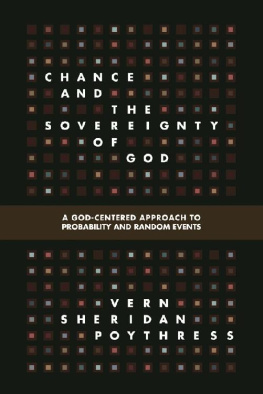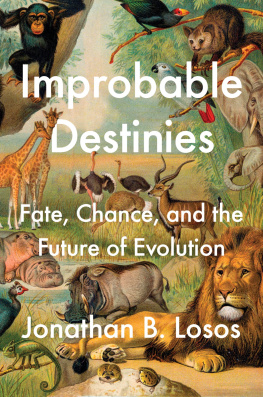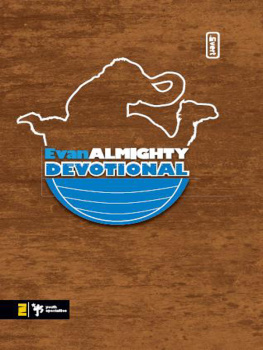Cynthia Crysdale - Creator God, Evolving World
Here you can read online Cynthia Crysdale - Creator God, Evolving World full text of the book (entire story) in english for free. Download pdf and epub, get meaning, cover and reviews about this ebook. year: 2013, publisher: Fortress Press, genre: Religion. Description of the work, (preface) as well as reviews are available. Best literature library LitArk.com created for fans of good reading and offers a wide selection of genres:
Romance novel
Science fiction
Adventure
Detective
Science
History
Home and family
Prose
Art
Politics
Computer
Non-fiction
Religion
Business
Children
Humor
Choose a favorite category and find really read worthwhile books. Enjoy immersion in the world of imagination, feel the emotions of the characters or learn something new for yourself, make an fascinating discovery.

- Book:Creator God, Evolving World
- Author:
- Publisher:Fortress Press
- Genre:
- Year:2013
- Rating:5 / 5
- Favourites:Add to favourites
- Your mark:
Creator God, Evolving World: summary, description and annotation
We offer to read an annotation, description, summary or preface (depends on what the author of the book "Creator God, Evolving World" wrote himself). If you haven't found the necessary information about the book — write in the comments, we will try to find it.
Cynthia Crysdale and Neil Ormerod present a robust theology of God in light of supposed tensions between Christian belief and evolutionary science. Those who pit faith in an almighty and unchanging God over against a world in which chance is operative have it wrong on several accounts, they insist. Creator God, Evolving World clarifies a number of confused assumptions in an effort to redeem chance as an intelligible force interacting with stable patterns in nature.
A proper conception of probabilities and regularities in the worlds unfolding reveals neither random chaos nor a predetermined blueprint but a view of the universe as the fruit of both chance and necessity. By clarifying terms often used imprecisely in both scientific and theological discourse, the authors make the case that the role of chance in evolution neither mitigates Gods radical otherness from creation nor challenges the efficacy of Gods providence in the world. This view of God and the evolving world yields implications for our understanding of human action. Moral agency, even Gods work of redemption, unfolds according to an ethic of risk rather than by the quick fix of determinative control.
Cynthia Crysdale: author's other books
Who wrote Creator God, Evolving World? Find out the surname, the name of the author of the book and a list of all author's works by series.

